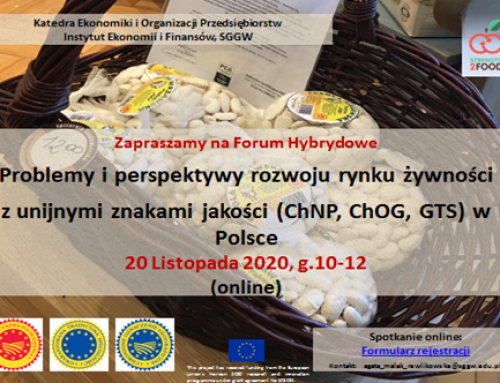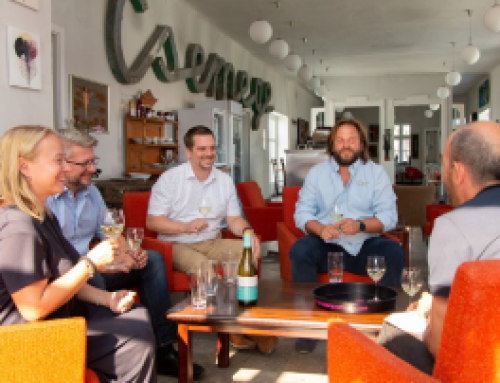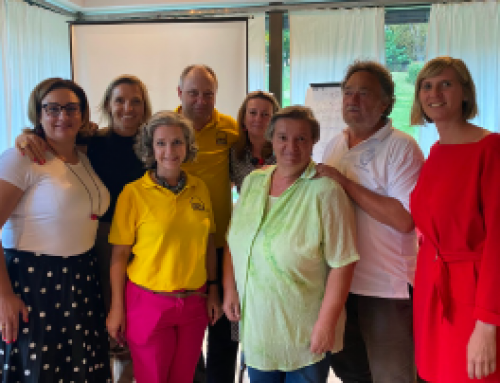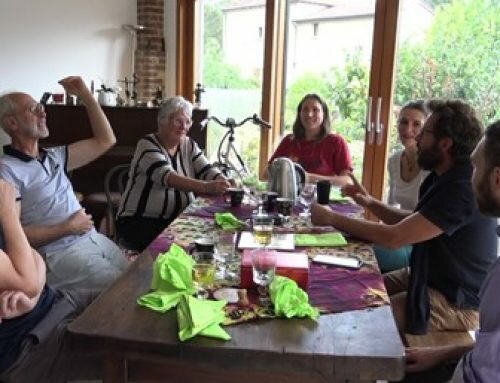The second Strength2Food hybrid forum was organised on the 28th of October 2020. The first part of the meeting took place in Warsaw, whereas the second part – a public debate – was held online.
The participants discussed about the crucial role of horizontal cooperation in farming and the importance of sharing experiences to build good relationships at the community, business, and producer-consumer levels. The experts also debated on how to better cooperate in an environment characterised by growing consumer demand and stringent legal and economic requirements in order to maintain profitability of production and competitiveness.
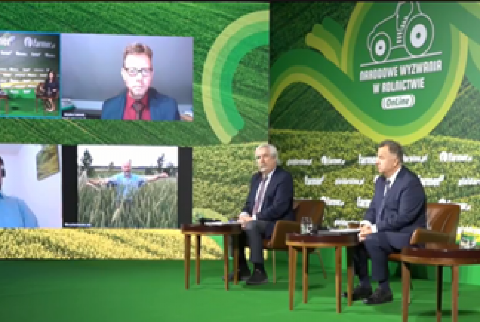
Hybrid Forum 2 in Warsaw – experts’ panel, Poland
The first part of the hybrid forum, which took the form of a workshop, began with two introductory speeches: the first focused on the changes and challenges experienced in the agricultural sector; the second presented the modern models of farmer cooperation. Then, a round-table discussion provided the panellists with the opportunity to exchange ideas and cover all potential aspects of farmer cooperation, including a symbiotic model of cooperation based on the mutual benefits for the participating farmers, the external environment and the local community. The experts who participated in the forum represented different stakeholder groups: large and small farms, researchers, large companies from the agribusiness sector, and private processors.
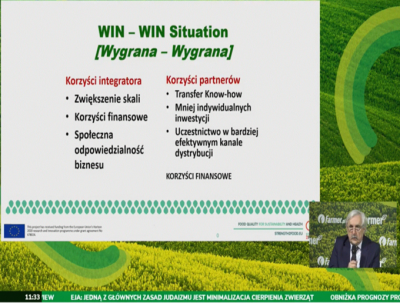
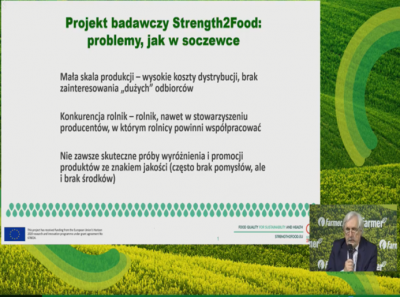
Hybrid Forum 2 in Warsaw – experts’ panel, Poland
The second part of the Hybrid Forum – an interactive and dynamic online public dialogue – involved a wider audience, including farmers, experts, and agribusiness representatives. Some notable points discussed by the participants include:
- Polish farmers have made incredible progress in the last 30 years, characterised by both a systematic process of land concentration and an increase in the scale of production in individual farms. However, the country’s agricultural sector presents still a very fragmented land structure, with low profitability of production and poor market position of smaller farms constituting remarkable obstacles to many farmers.
- To overcome these barriers and benefit small farmers, the symbiotic model (i.e. “Top farms”) appears as the best solution, since it entails positive outputs for all the parts involved. In fact, large farms (the so-called ‘integrator’) could also benefit from both the scale increase and the financial gains, as well as from the possibilities of implementation of common social responsibility activities. Cooperation would allow farmers to cover the transfer of knowledge and technologies, shared investment costs, and more effective sales with better prices negotiated by the large integrator.
In conclusion, the future of agriculture belongs to cooperation and depends on trust.
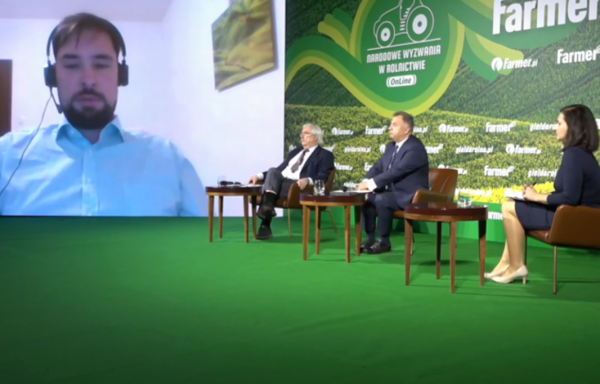
Hybrid Forum 2 in Warsaw – online discussion



